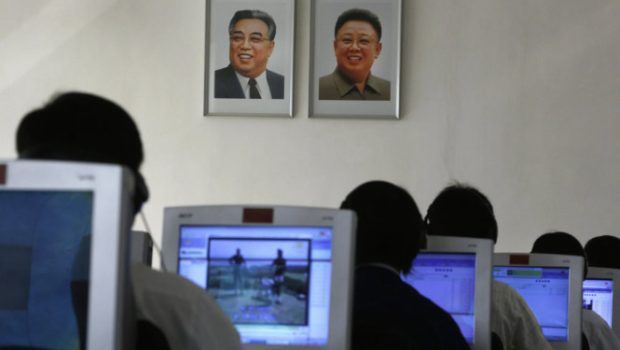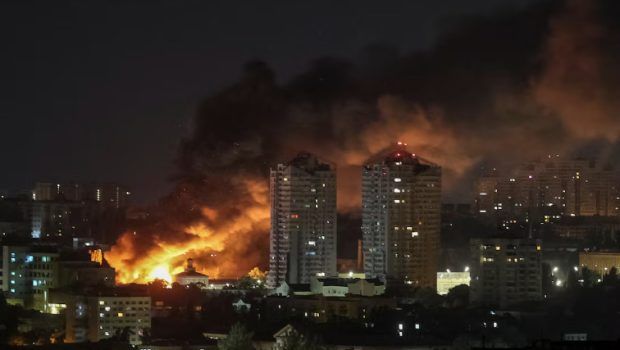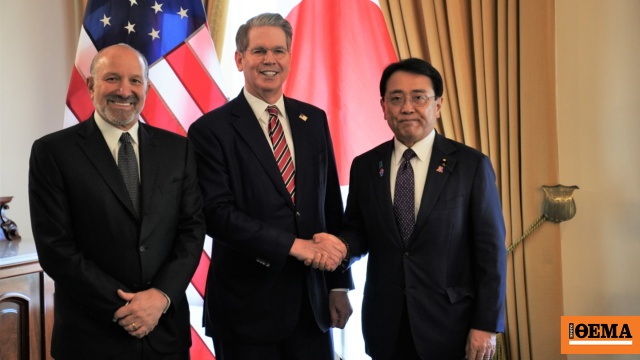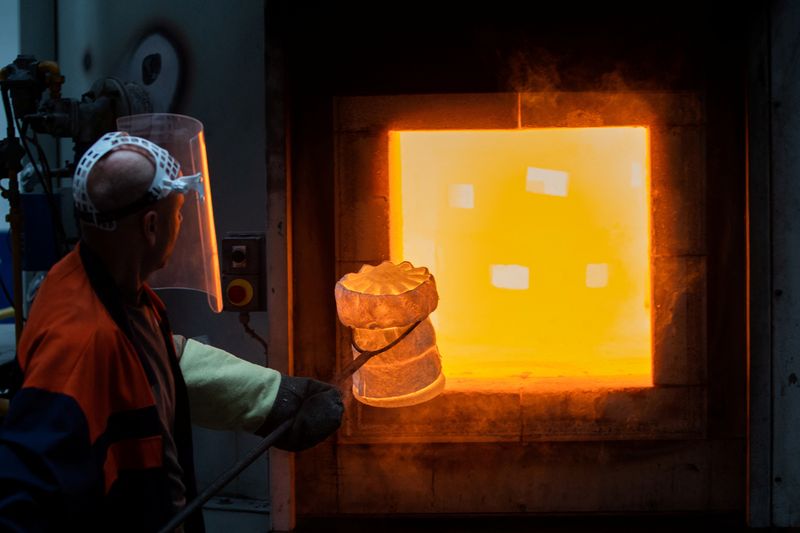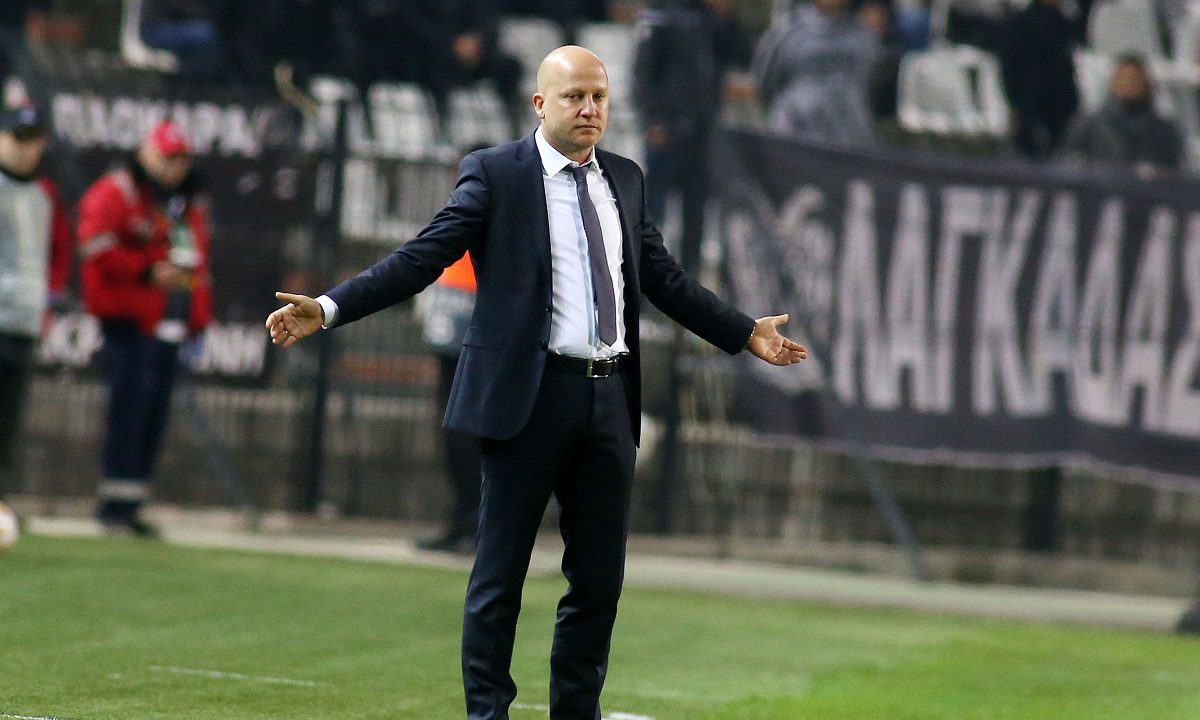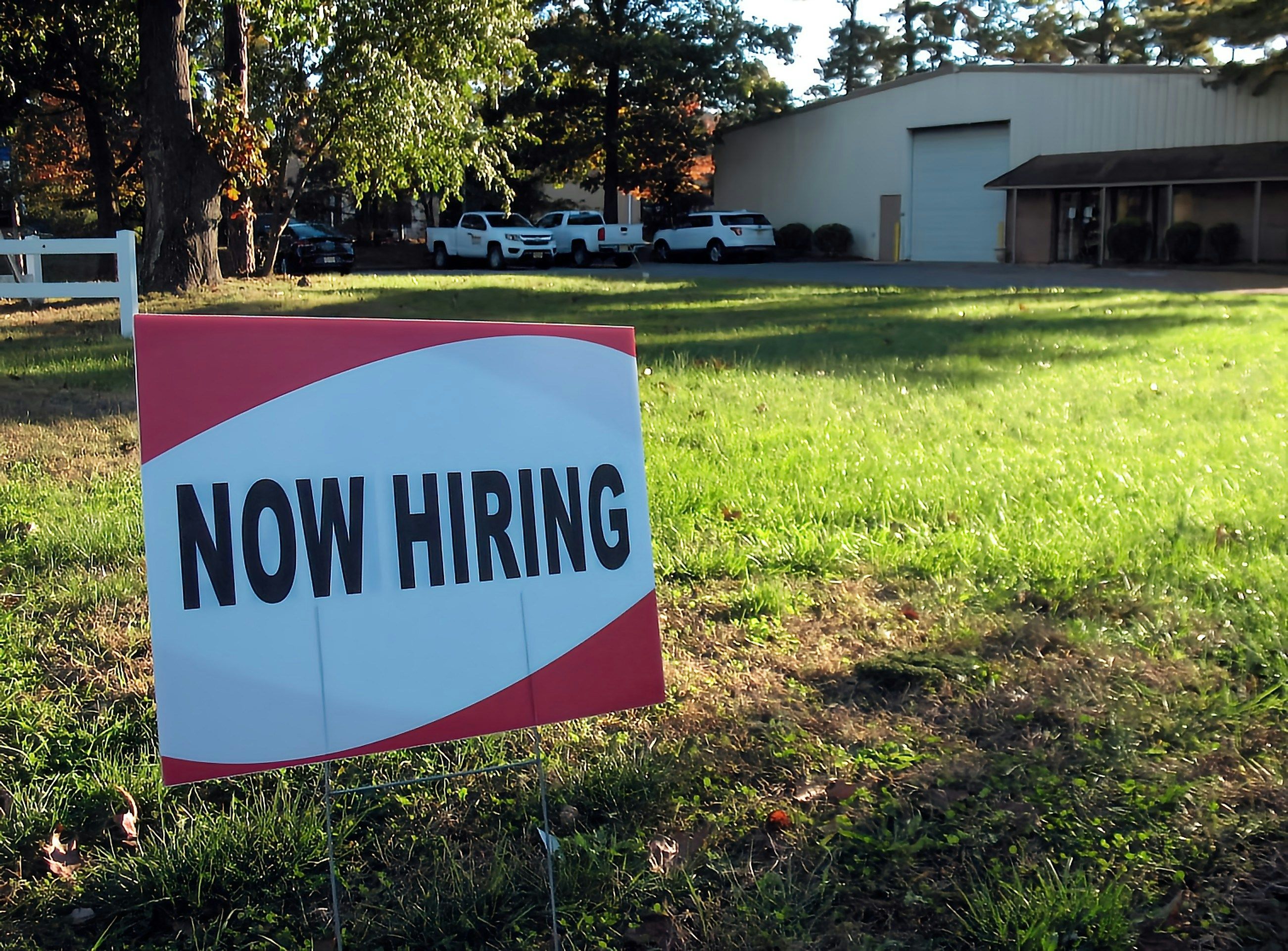Analysis-Europe's defence companies scramble for workers as business booms
"Don't forget that we're in a war economy, but we're also in an economic war. If our wages increase in an uncontrolled way, we'll be less competitive," he said.
AI experts who can develop autonomous weapons systems as well as people with expertise in products made in small volumes are in particular demand, industry participants said.
"We're not going to manufacture a CAESAR in the same way as a Peugeot 308. We have to master very, very specific know-how which requires very particular skills. And those are rare on the job market," said KNDS spokesperson Gabriel Massoni.
A boost in defence spending to 3% of GDP from the current NATO target of 2% would require as many as 760,000 new skilled workers in Europe, management consultant firm Kearney said in a recent report.
"Defence policy independence in Europe would only be possible if the local share of defence spending were to increase dramatically, which in turn could further exacerbate personnel shortages," Kearney partner Guido Hertel wrote in the report.
Rheinmetall -- Europe's largest ammunition maker -- plans to increase its workforce by around 29%, or up to 9,000, by 2028, primarily with product developers, engineers, welders and electronics technicians, it told Reuters.
Submarine and frigate-builder Thyssenkrupp Marine Systems is seeking up to 1,500 workers for its shipyard in Wismar, northern Germany. It is scouring trade fairs but says shortages of STEM experts trained in mathematics, IT or sciences are a challenge, a view shared by Leonardo in Italy.
"In the past, the fact that we offered secure, quality contracts was enough to guarantee our leadership, but today young people favour other sectors over industry," said the aerospace and defence firm, which is looking to universities and technical schools.
Godefroy Jordan, general manager at Headhunting Factory, a Paris-based recruiter, specialises in finding mechanics, systems engineers and technicians for some of France's 4,000 small and medium-sized defence industry suppliers.
"The people we're targeting are in jobs where they've never been headhunted, they don't even have a CV," Jordan told Reuters. "When we call them, they think it's a scam."
"This isn't a problem of finances; it's a human resources problem because the skills aren't there," he added.
AUTO WORKERS IN DEMAND
Emrullah Karaca, who has worked at the soon-to-be-closed Gifhorn plant of auto supplier Continental for 25 years, is pondering a switch to Rheinmetall, which operates a factory around 50 km (30 miles) north.
But the father of three, who has trained to become a machine operator specialised in plastics technology, was also considering other options without the three-hour commute.
"For 25 years I've had the luxury of ... getting to work within five minutes," he said.
Auto industry struggles have helped Czech ammunition and shell producer STV Group recruit some of the more than 200 people it aims to add to its Vysoke Myto facility 155 km (96 miles) from Prague by the middle of next year, its chairman, David Hac, said.
"With the situation in the automotive industry worsening, we are now, for the first time in a long time, in a situation where we can choose a little among the people."
Oliver Doerre, CEO of German sensor and radar maker Hensoldt, told Reuters the company welcomed former auto workers because they are used to just-in-time manufacturing.
"That's where we hope to gain expertise to support us on this path towards serial production, towards scaling up production," he said.
($1 = 0.8932 euros)
(Reporting by Michael Kahn, Christoph Steitz and Dominique Patton; Additional reporting by Eva Korinkova in Velka Bites, Matthias Inverardi in Duesseldorf, Sabine Siebold in Berlin and Giulia Segreti in Rome; Editing by Philippa Fletcher)
Content Original Link:
" target="_blank">




